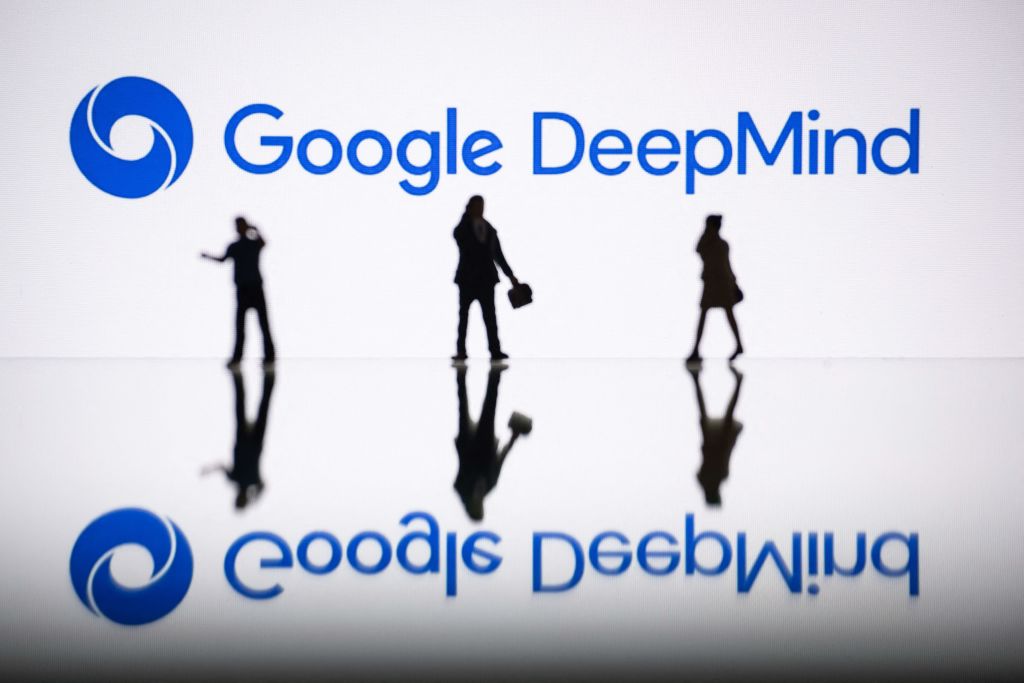
Google DeepMind’s Innovative Dive into AI Fact-Checking with SAFE
In a significant leap for the AI landscape, Google DeepMind has unveiled SAFE (Search-Augmented Factuality Evaluator), a pioneering AI fact-checker designed specifically for large language models (LLMs). This robust tool aims to enhance the reliability of information generated by AI systems, a move that resonates deeply in an era where misinformation spreads rapidly.
 Exploring the Intersection of AI and Truth
Exploring the Intersection of AI and Truth
The Mechanics of SAFE
SAFE’s approach mirrors the methods utilized by human fact-checkers who often cross-reference information through search engines. By harnessing the power of an LLM, SAFE rigorously analyzes responses, breaking them down into discrete facts. Subsequently, it evaluates these facts through a meticulous multi-step reasoning process. This involves sending out search queries to Google Search to verify whether the factual statements are corroborated by online content. The innovative process reflects how people often verify facts—by checking multiple information sources, thereby setting a new standard for AI accuracy.
Empirical tests have demonstrated that SAFE aligns with human assessments a commendable 72% of the time. Moreover, in scenarios where discrepancies arise, SAFE emerges as the more accurate judge 76% of the time, showcasing its potential to outperform human verification in certain contexts.
Open Source for Greater Good
In a bid to democratize this technology, DeepMind has made the code for SAFE publicly available on GitHub. This open-access strategy not only encourages broader utilization but also invites collaboration across the AI community, allowing developers and researchers to refine and enhance its functionalities. The move to open-source emphasizes DeepMind’s commitment to fostering an ecosystem where transparency and accountability are paramount in AI development.
A Glimpse into the Future of Fact-Checking
The emergence of SAFE is not just a technological advancement; it’s a necessary step towards cultivating trust in AI-generated content. With misinformation being a pervasive challenge, solutions like SAFE highlight the potential of LLMs to achieve superhuman performance in tasks traditionally governed by human expertise. As artificial intelligence continues to evolve, tools like SAFE serve as protectors of factual integrity, ensuring users can rely on AI systems as credible information sources.
 Bridging AI Developments and Human Needs
Bridging AI Developments and Human Needs
Related Developments in AI
Aligned with these advancements in factual verification, Google DeepMind’s ongoing research not only enhances the reliability of AI outputs but also explores other avenues, such as the development of the Genie AI Model, which promises to transform gaming by turning any image into a playable experience. This intersection of technology and creativity indicates that the field of AI is at yet another transformative moment, with multiple applications ripe for exploration.
Furthermore, there are ongoing discussions within Google DeepMind regarding the establishment of dedicated divisions focused on pushing the boundaries of technological advancement. This initiative reinforces DeepMind’s goal of achieving a high level of ethical standards while innovating.
Conclusion
As we navigate through an increasingly complex digital landscape, the introduction of tools like SAFE represents a pivotal advancement in ensuring that AI maintains its role as a facilitator of knowledge rather than a spreader of misinformation. The blend of human-like reasoning with machine efficiency could redefine how society engages with information technology, leading us into a future where trust, verification, and AI converge harmoniously.
In this evolving scenario, the commitment of organizations like Google DeepMind to uphold factual accuracy will be critical in shaping the narrative of AI propelling our society forward.















